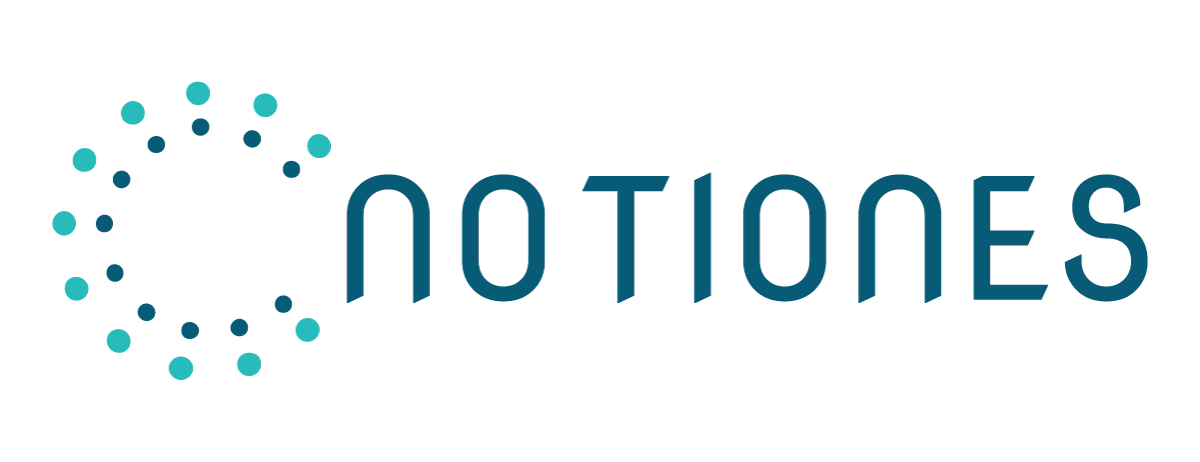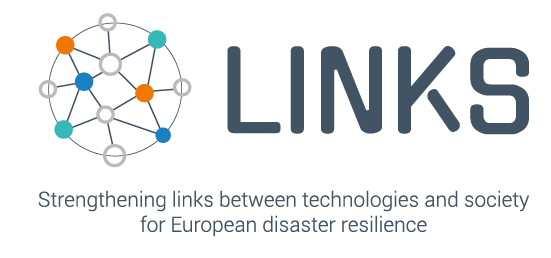The DRS-01 Societal Resilience Cluster (SRC) of Horizon Europe collaborates to improve the understanding of, and response to disasters by integrating human, societal social and organizational aspects into the analysis of disasters.
The aim of SRC is to work towards increasing risk awareness, preparedness and resilience of communities, public services and decision-makers.
SRC key elements are:
- Understanding the linkages between individual and collective behaviour and resilience.
- Understanding the role of (new) technologies, their influence and use on resilience and risk governance.
- Using an inclusive approaches to involve citizens and local stakeholders for building resilience strategies and fostering risk governance.
SRC is presently composed of six projects: CORE, ENGAGE, LINKS, MEDiate, PARATUS and RiskPACC
To learn more about the activities of the SRC, watch the available YouTube video:
Scroll down to read more about the different activities of the CLuster and the projects engaged within SRC!
THE SRC POLICY BRIEF
The Societal Resilience Cluster (SRC) published the policy brief “Strengthening Societal Resilience to Disaster: Improving Engagement and Communication among Citizens and Authorities”. The document is a collaboration of CORE and other 8 sister projects funded by Horizon Europe: BuildERS, CORE, DIRECTED, ENGAGE, LINKS, MEDIATE, RESILOC, and RiskPACC. The activity was coordinated by the Crisis Management Innovation Network Europe (CMINE).
The SRC policy brief aims to provide decision-makers and stakeholders with evidence-informed policy recommendations on how to strengthen resilience to disasters of European communities.
Following a series of workshops, the author projects selected to key topics around which the recommendations were built:
1. enhancing engagement among authorities and citizens
2. strengthening targeted and two-way communication processes among authorities and citizens,
The Policy Brief has been translated in 4 languages: ENGLISH, FRENCH, GERMAN, ITALIAN. All versions are available at THIS LINK
RESILOC
The overall goal of RESILOC is to identify new strategies for improving on the processes of preparedness of local communities against any kind of hazards, either planned or unplanned. The project aims at bringing together the validity and experience of local communities and the strategies and commitment of national and supra-national actors to achieve a tangible impact on the way resilience is understood and increased in local communities. Therefore a holistic framework of studies, methods and software instruments will be developed, that combines the physical with the less tangible aspects associated with human behavior that applies at the community scale.
https://www.resilocproject.eu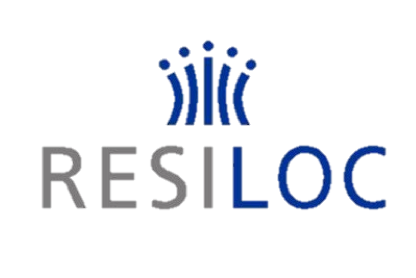
ENGAGE
In actual times, climate change and evolving global assets are changing the nature of hazards and their predictability. Societies and all individuals are demanded to be able to rapidly respond to growing natural and man-made disasters.
ENGAGE is a EU-funded project, started in July 2020, whose mission is to provide novel knowledge, impactful solutions and emergency response guidelines for exploiting Europe’s societal resilience.
Solutions will aim at bridging the gap between formal and informal approaches to risk and emergency management, increasing the ability of communities to adapt before, during and after disaster.
https://www.project-engage.eu
![]()
RISKPACC
Increasingly complex and interconnected risks globally highlight the need to enhance individual and collective disaster resilience. Awareness of risks and levels of preparedness across Europe remain low with gaps between the risk perceptions and actions of citizens, and between the risk perceptions of citizens and Civil Protection Authorities (CPAs). The RiskPACC project seeks to further understand and close this Risk Perception Action Gap (RPAG). Through its dedicated co-creation approach and its seven case studies, RiskPACC will facilitate interaction between citizens and CPAs to jointly identify their needs and develop potential procedural and technical solutions to build enhanced disaster resilience. Importantly, RiskPACC will provide an understanding of disaster resilience from the perspective of citizens and CPAs, identifying resilience buildinginitiatives and good practices led by both citizens (bottom-up) and CPAs (top-down). The “Risk Pack” of solutions will include a framework and methodology to understand and close the RPAG, a repository of international best practice and tooled solutions based on new forms of digital and community-centered data and associated training guidance.
RiskPACC consortium comprised of CPAs, NGOs, associated organisations, researchers and technical experts will facilitate knowledge sharing and peer-learning to close the RPAG and build disaster resilience.
https://www.riskpacc.eu
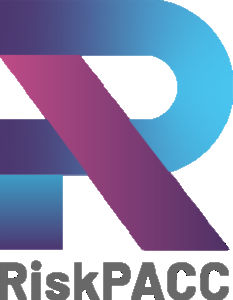
LINKS
LINKS “Strengthening links between technologies and society for European disaster resilience” is a comprehensive study on disaster governance in Europe. The overall aim of the LINKS project is to strengthen links between technologies and society for improved European disaster resilience, by producing sustainable advanced learning on the use of social media and crowdsourcing (SMCS) in disasters.
In order to reach the core objectives of LINKS, the partners follow an integrative research approach, starting from an assessment of the three complementary knowledge domains: Disaster Risk Perception and Vulnerability, Disaster Management Processes, Disaster Community Technologies (DCT).
The project will develop the LINKS Framework which consists of scientific methods, practical tools, and guidelines addressing researchers, practitioners, and policy makers to understand, measure and govern SMCS for disasters. It will be developed and evaluated through five practitioner-driven European cases in Denmark, Germany, Italy, and the Netherlands, representing different disaster scenarios. Furthermore, LINKS sets out to create the LINKS Community, which brings together a wide variety of stakeholders, both online (LINKS Community Center) and in person (LINKS Community Workshops).
http://links-project.eu
MEDiate
With climate change increasingly affecting populations, environment and infrastructures, MEDiate was born as a project aiming to develop a decision support system (DSS) for disaster rik management that considers natural hazards and cascading impacts in its approach which is service -oriented, people-centred and accounts for forecasted modification in the hazard and exposure. The project focuses on the analysis of scenarios, customised to reflects local conditions and needs and which are based on a combination of historical records and future climate change projections. The aim of the scenarios is to forecast the location and intensity of climate-related disatser events and to predict their impacts on the local, physical, economic and social systems.
PARATUS
The PARATUS project aims at increasing the preparedness of first and second responders in the face of multi-hazard events and to reduce the risks related to impacts on various sectors that result from complex disasters. The outcome is to develop a cloud-based Online Service Platform that offers support in reducing dynamic risk scenarios and systemic vulnerability caused by multi-hazard disasters. In order to achieve these objectives, the project will perform in-depth assessments of complex interactions between hazards and their resulting impacts in various sectors, as well as analyse the current risk situation and study how alternative future scenarios could change multi-hazard impact chains. Based on this analysis, scenarios of multi-hazard impacts will be co-designed with stakeholders and developed in four case study areas (including the Caribbean, Romania, Istanbul, and Alpine areas)
https://www.paratus-project.eu/
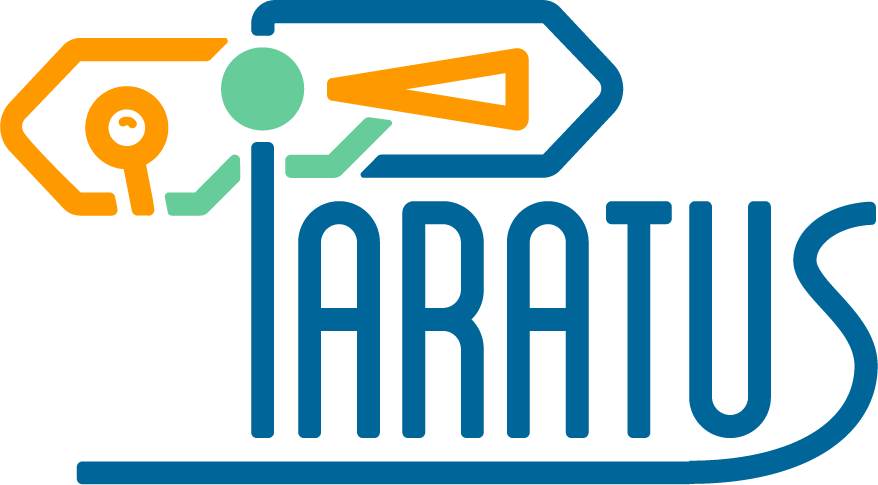
BuildERS
Funded by the European Union's H2020 research and innovation programme, BuildERS works on increasing the societal resilience and social capital of European communities and citizens. It will do this by genuinely co-designing processes and tools with citizens, first-responder organisations and technology tools developers. The project will incorporate an inclusive and interactive research and analysis process, where the results are not derived ‘top-down’ but through a ‘bottom-top’ dynamic interaction.
https://buildersproject.eu
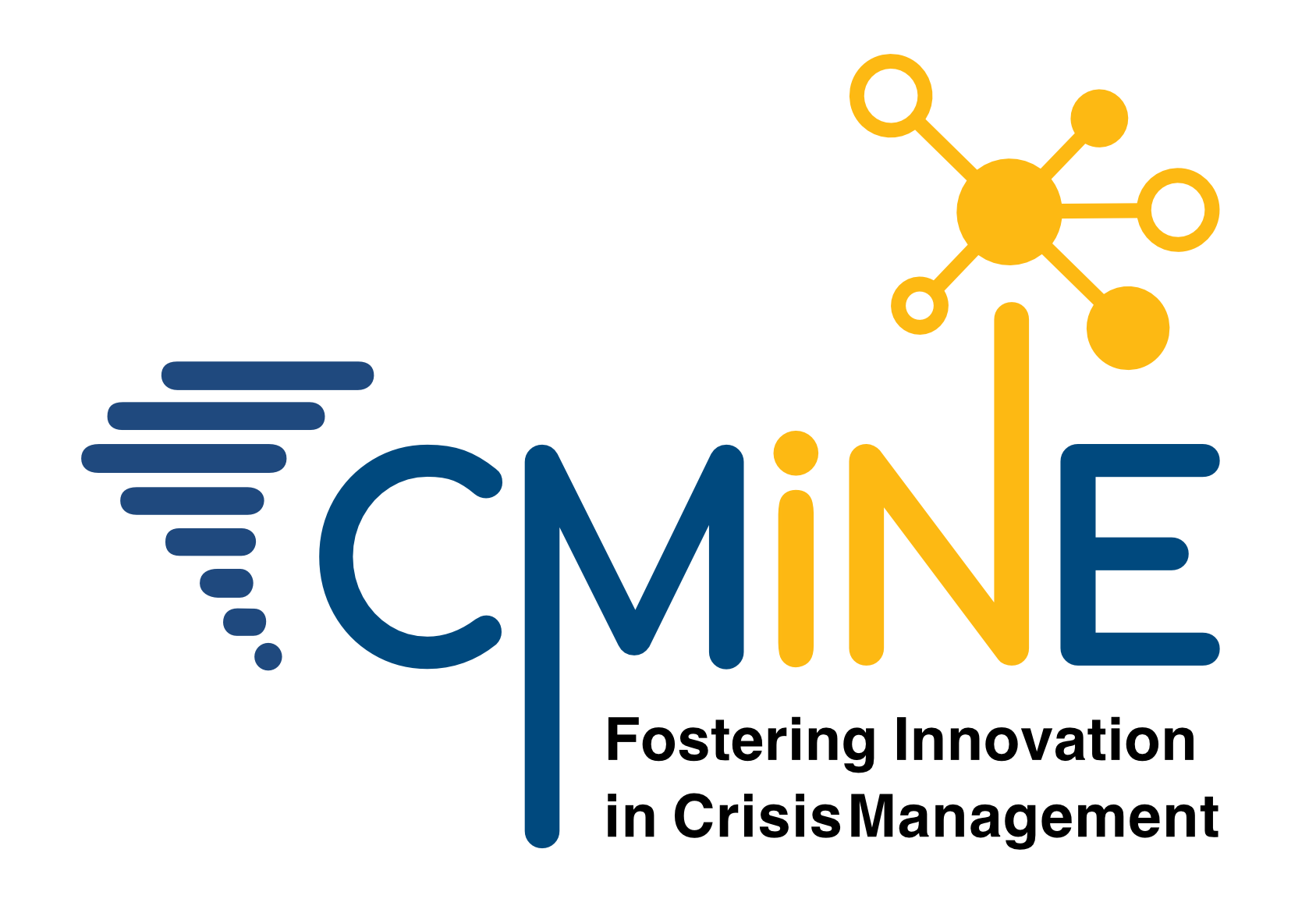 |
The Crisis Management Innovation Network Europe (CMINE) |
SRC is part of a wider network, the Crisis Management Innovation Network Europe (CMINE), a hub gathering professionals and organisations involved in crisis management in Europe and beyond. The network's aim is to foster exchanges, innovation and research uptake in crisis management through cross-sector and multistakeholder dialogues around capacity gaps and potential solutions.
Learn more about CMINE: https://www.cmine.eu/
CORE collaborates also with other projects that are not part of the SRC cluster:
NOTIONES
With cyberattacks becoming more and more dangerous in the current, connected digital landscape, it is necessary to develop methods and technologies to tackle them. Against this background the NOTIONES project seeks to build and maintain a pan-European ecosystem of security and intelligence practitioners in order to (1) monitor technologic opportunities and advancements and best practices and (2) define and refine requirements and standardization needs. In order to achieve this objective the project, coordinated by TECNALIA, combines the expertise of 30 partners from 21 different countries; including 15 military, civil, financial and judiciary practitioners as well as local, national and international law enforcement agencies.
https://www.notiones.eu
